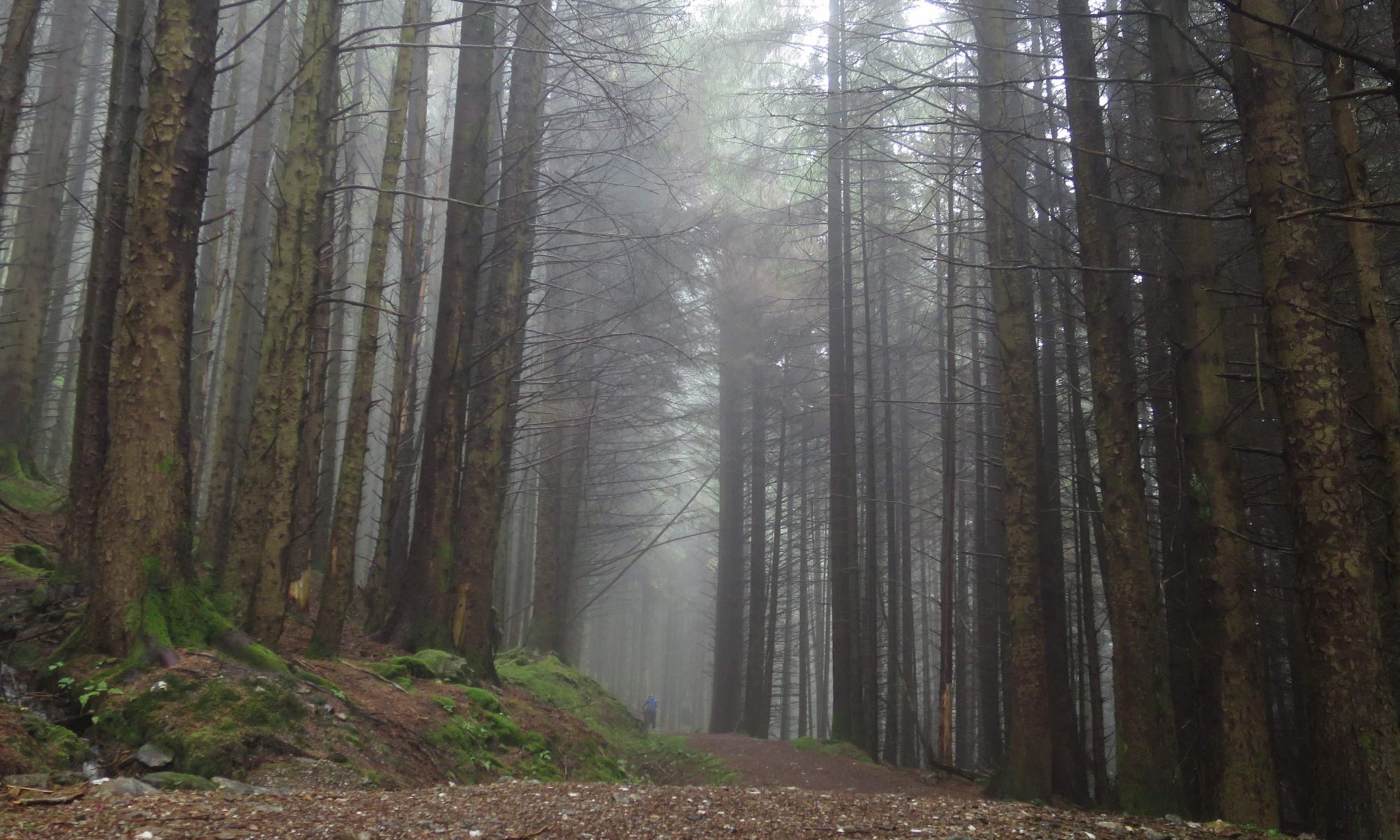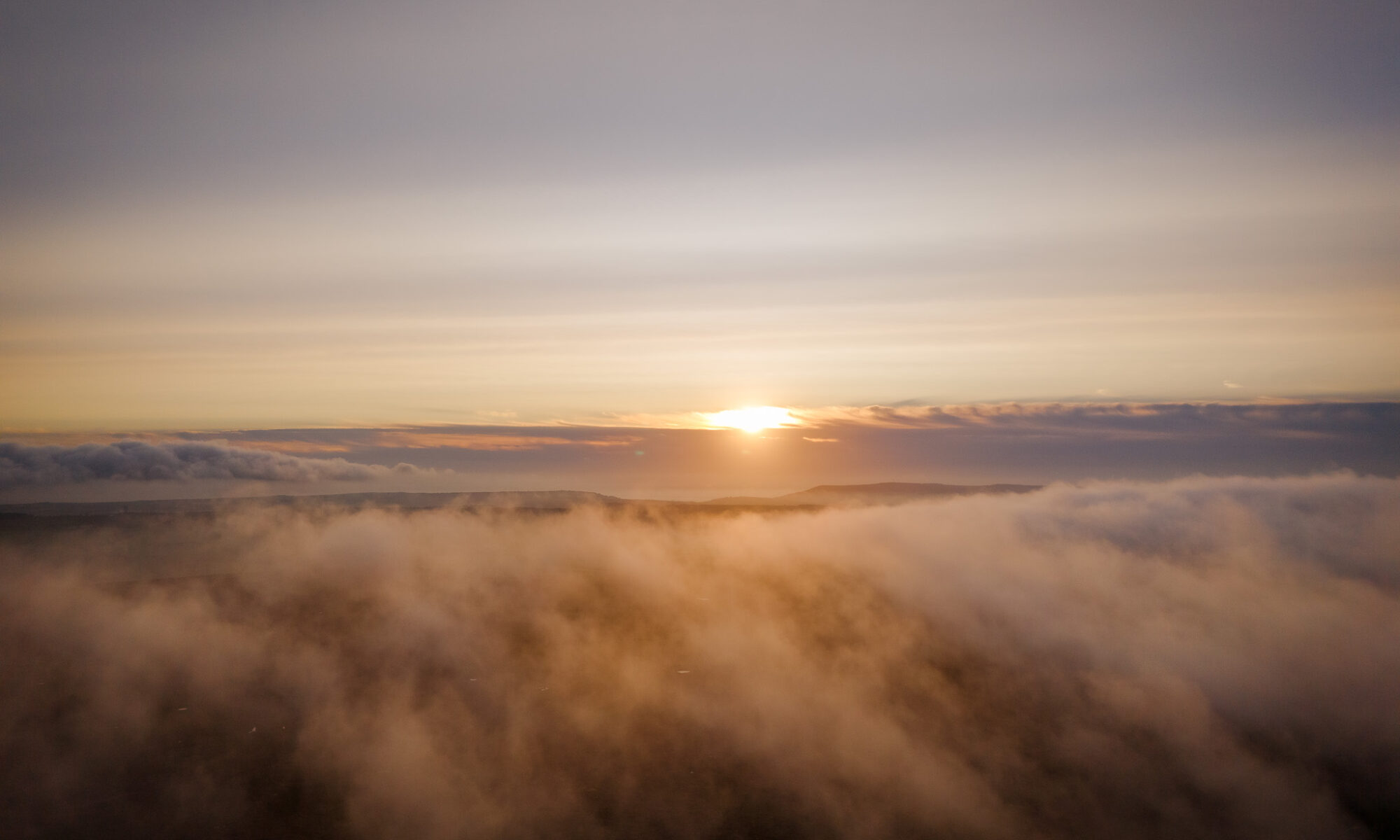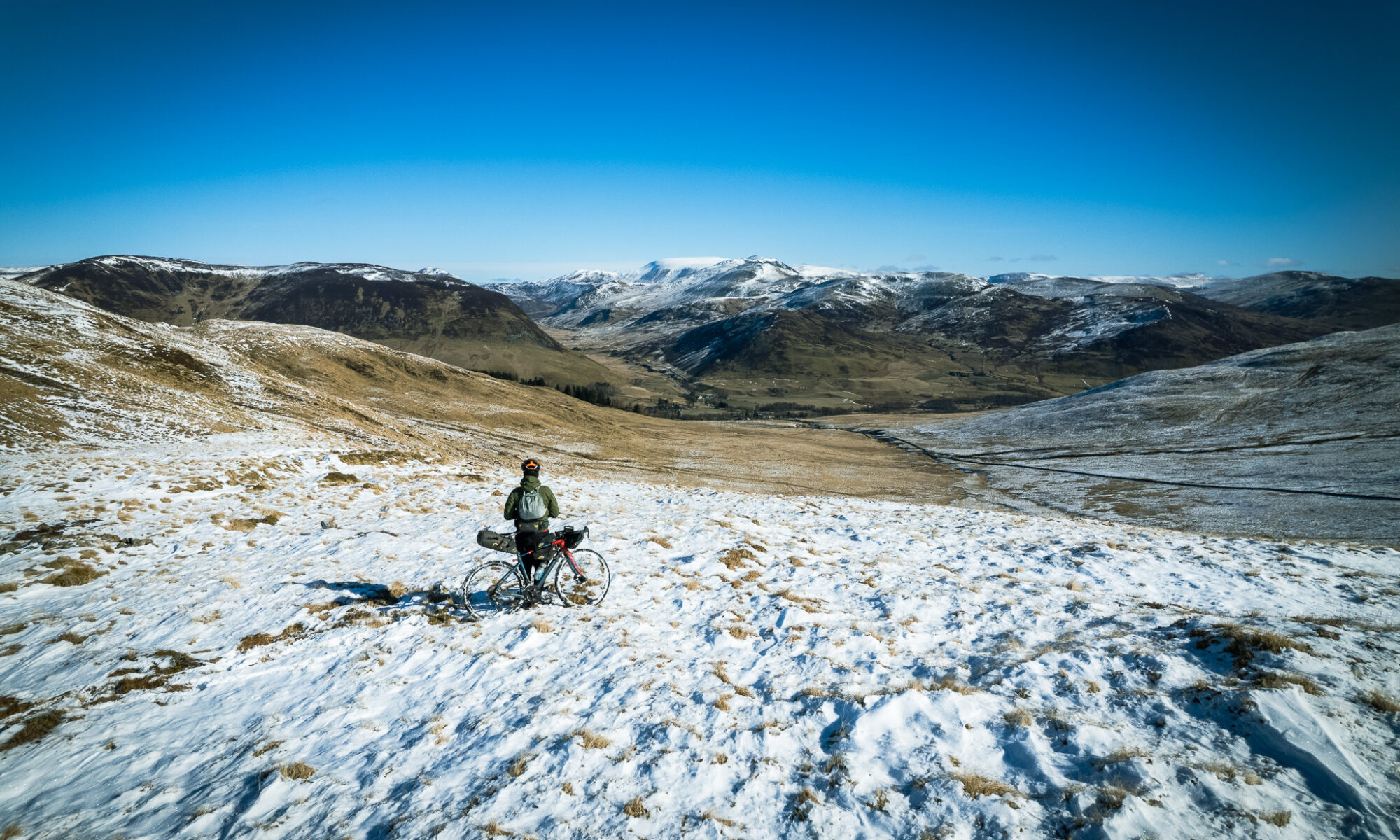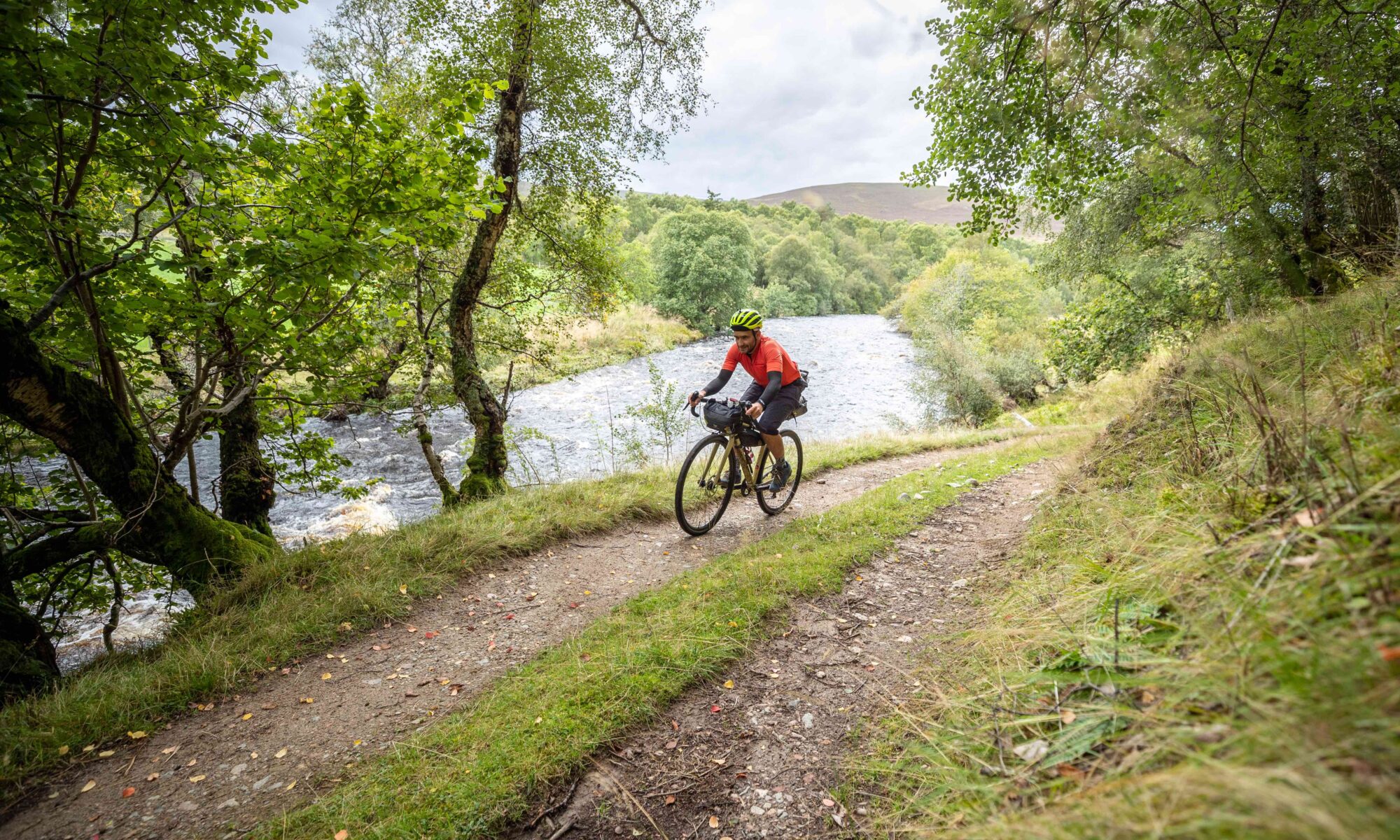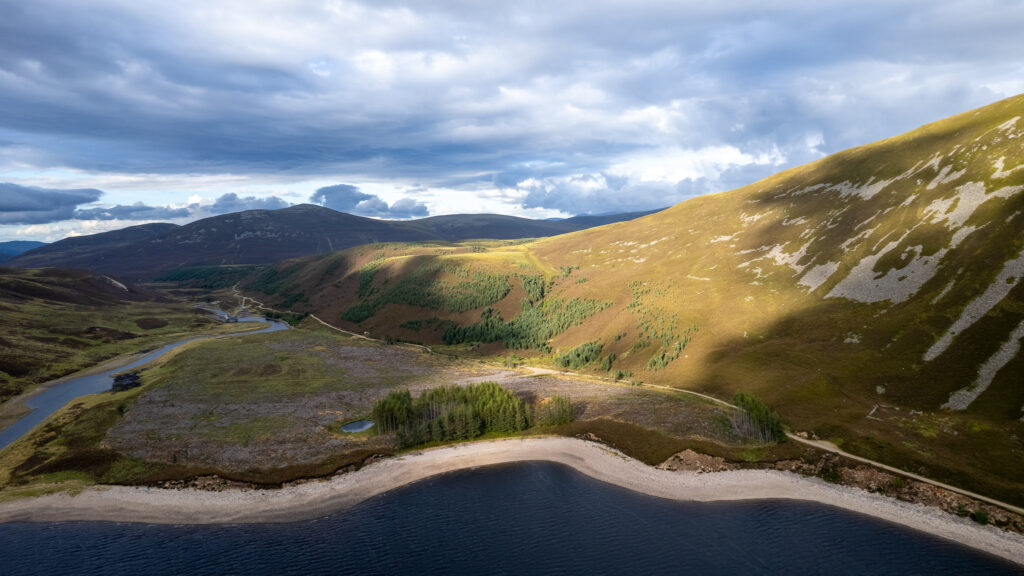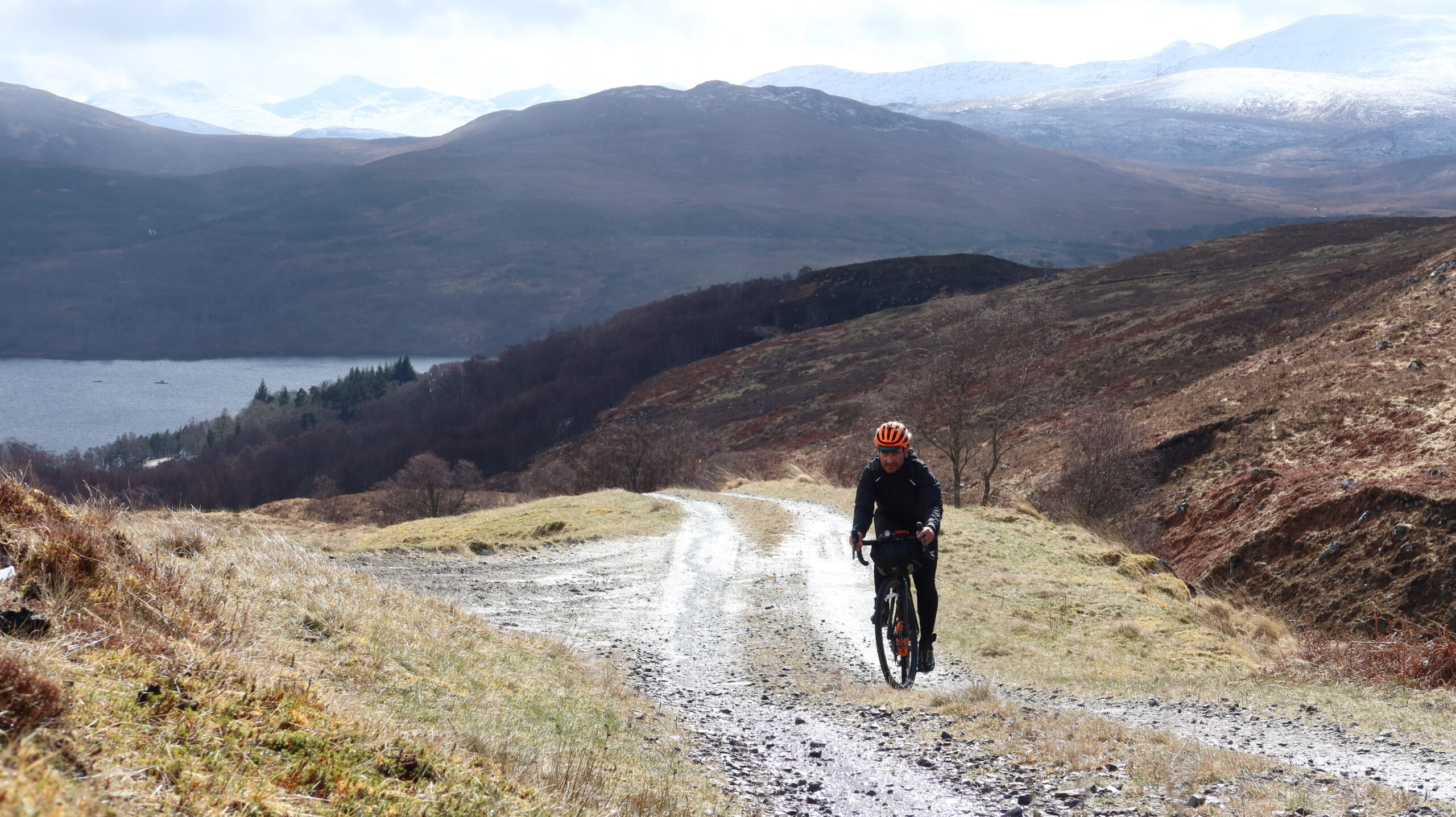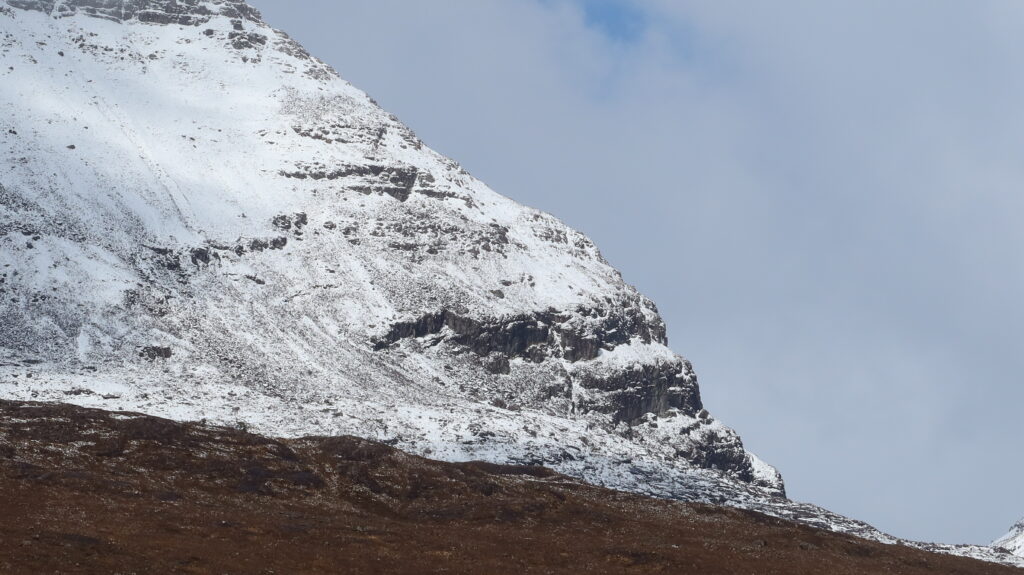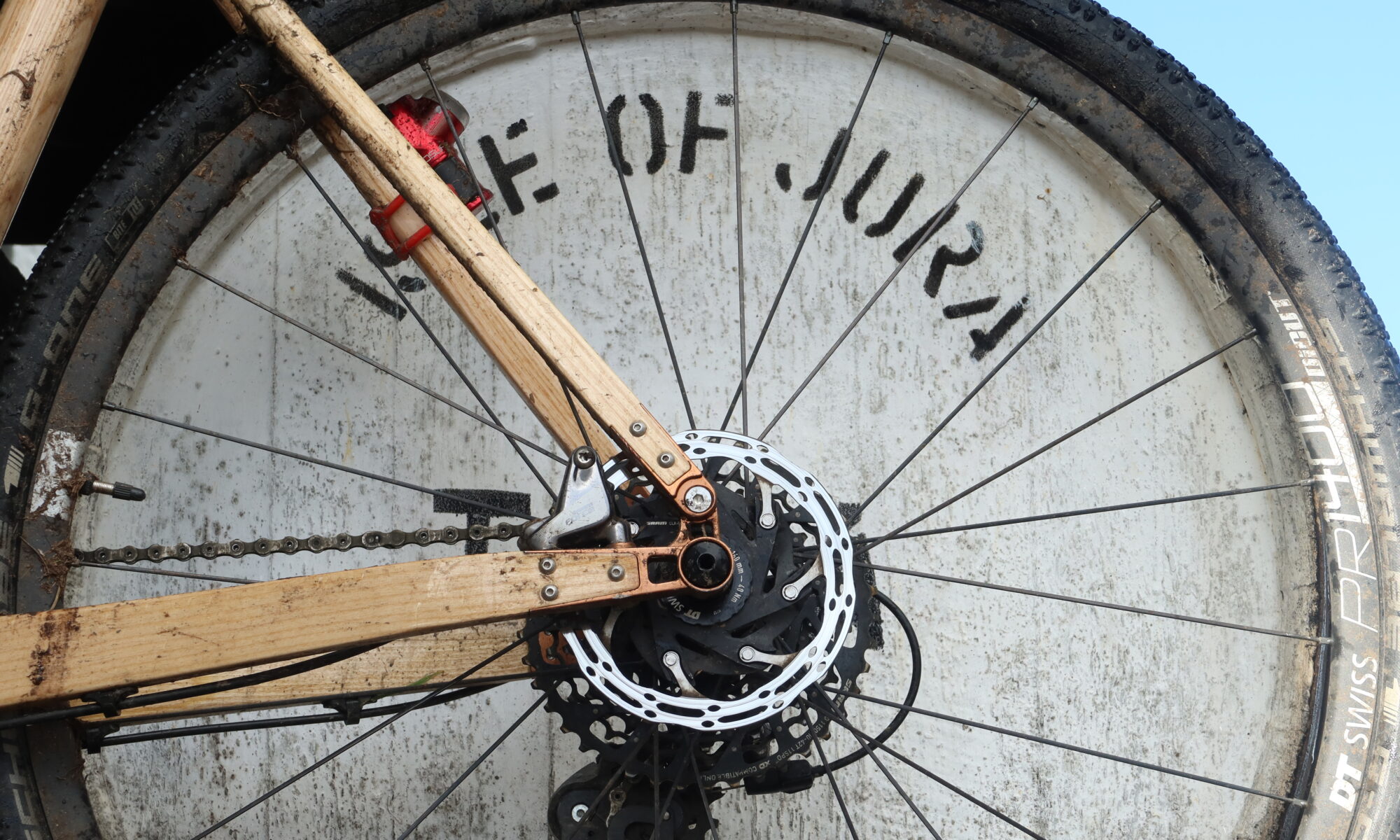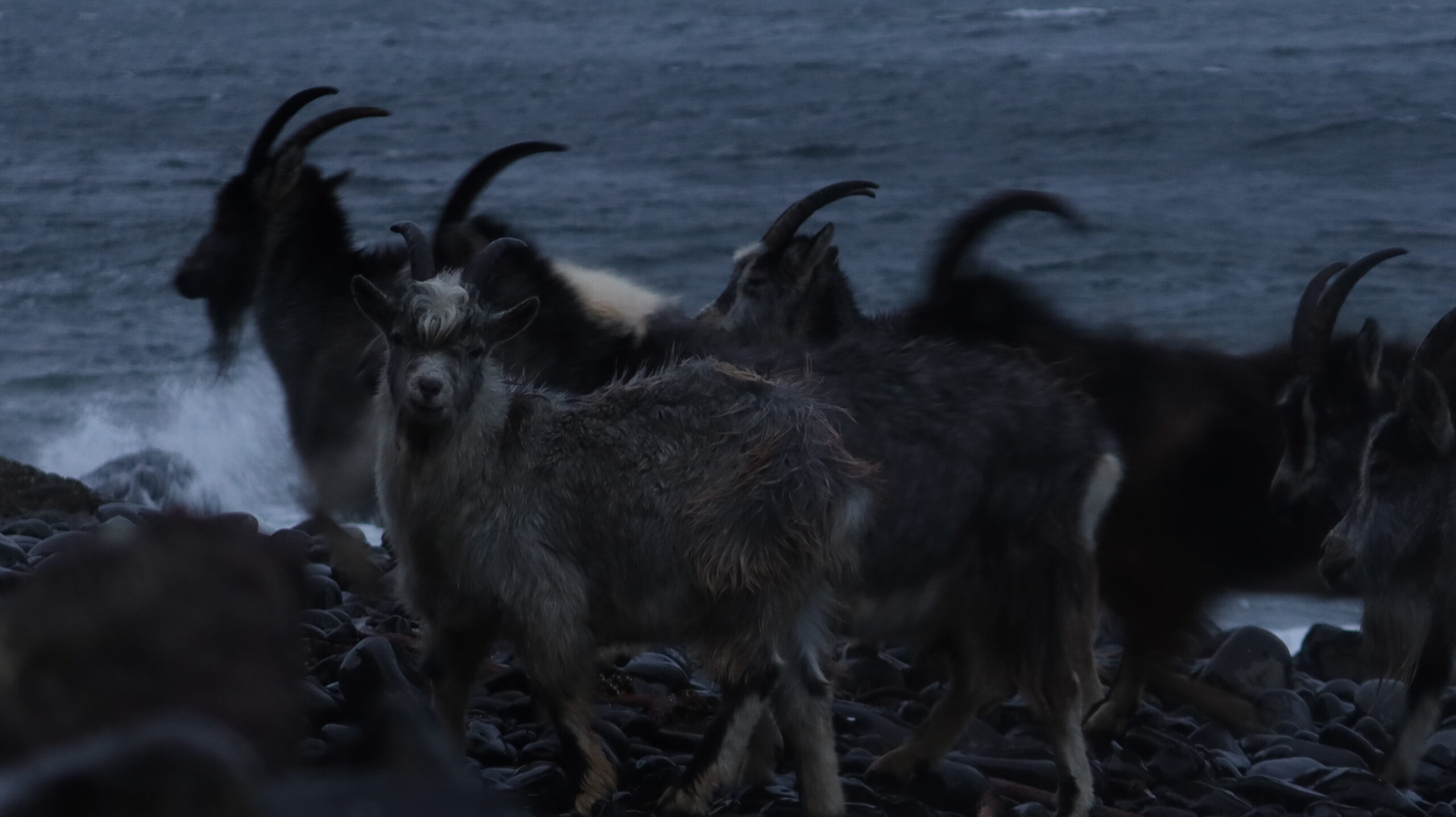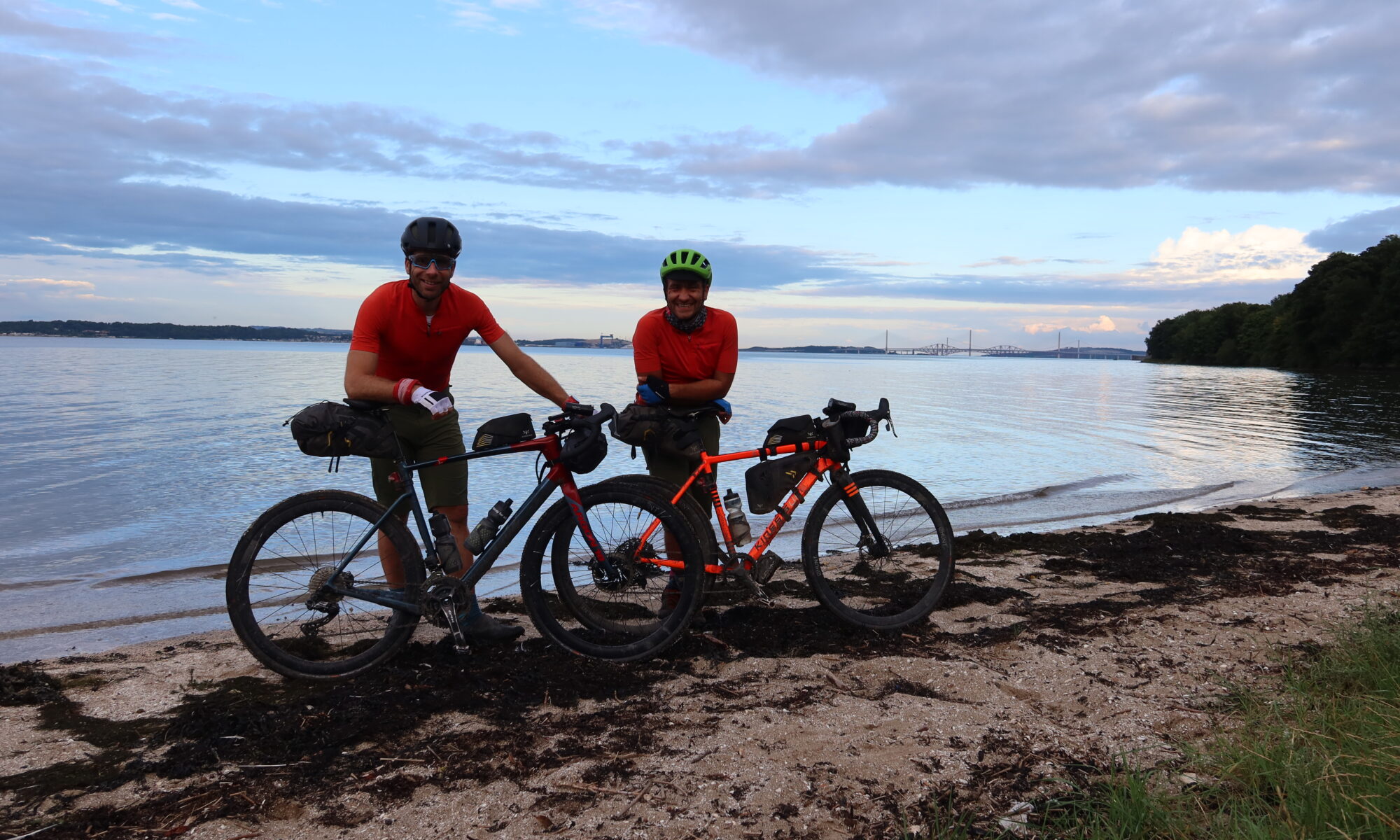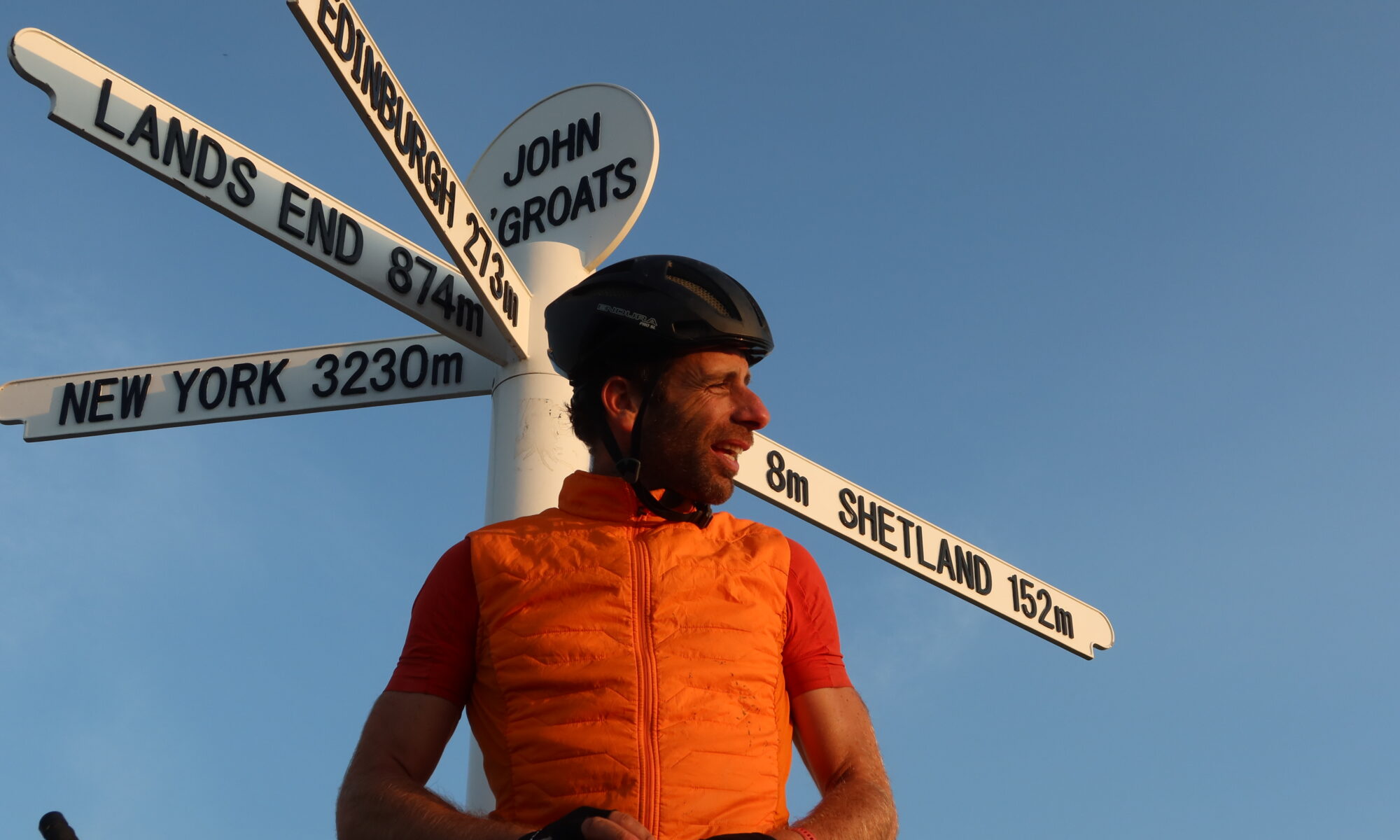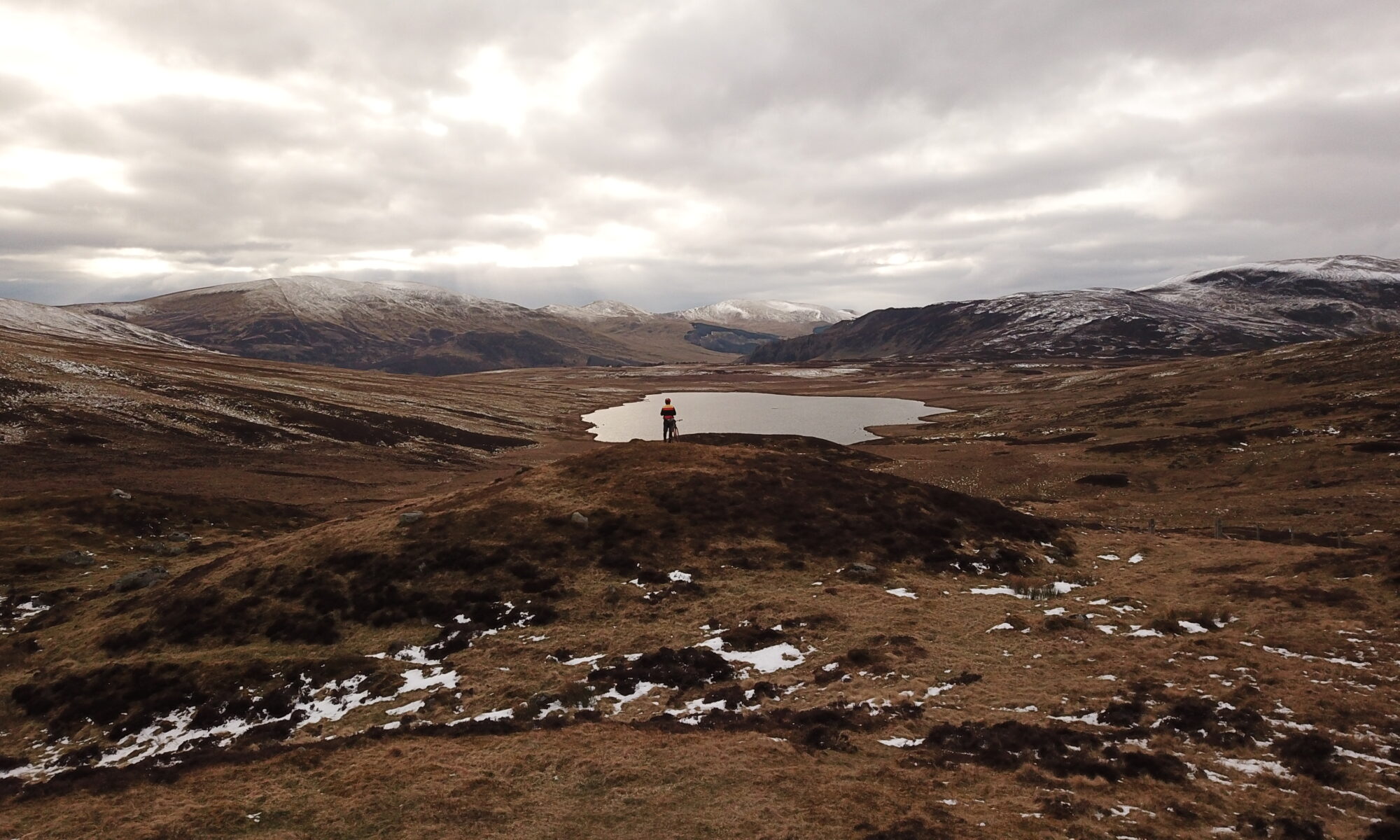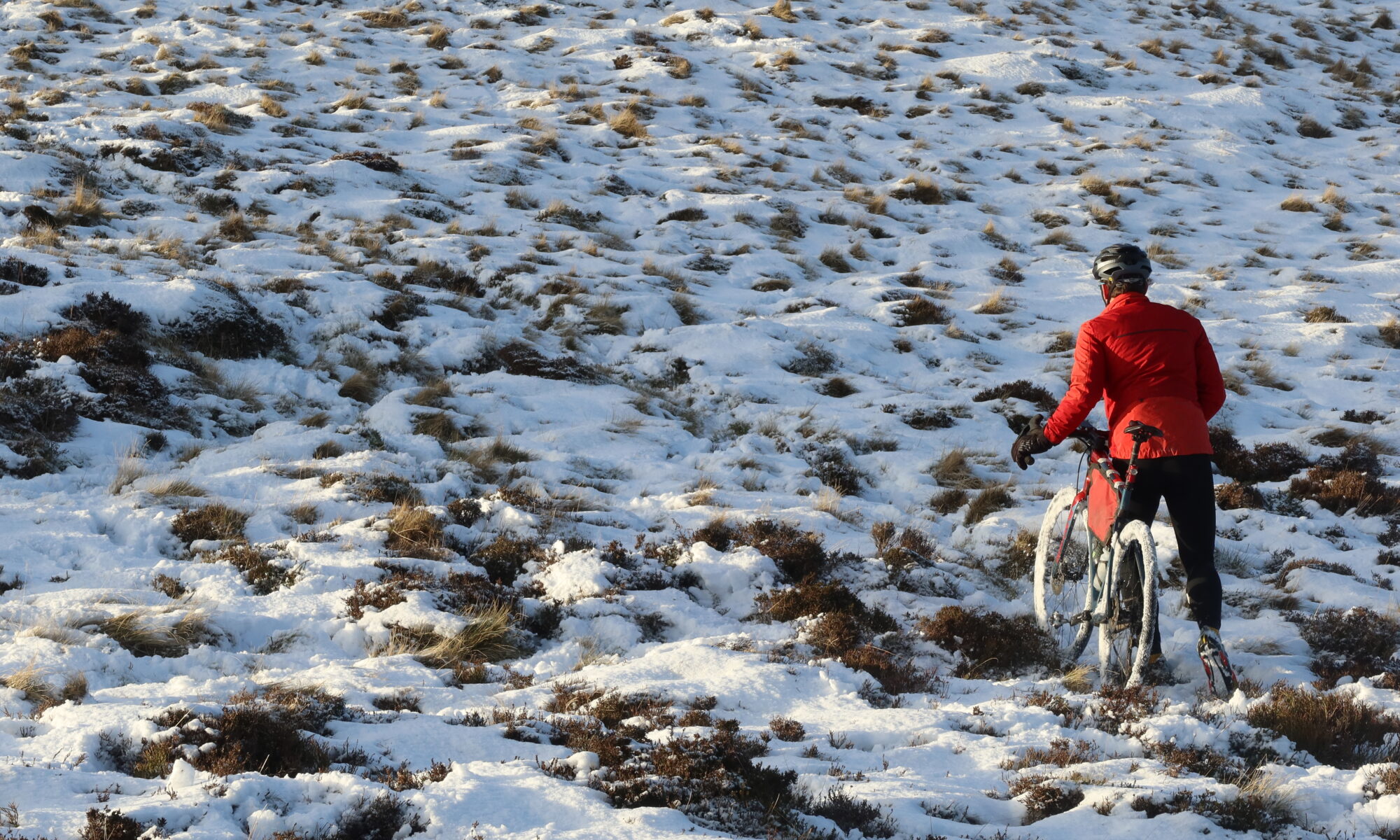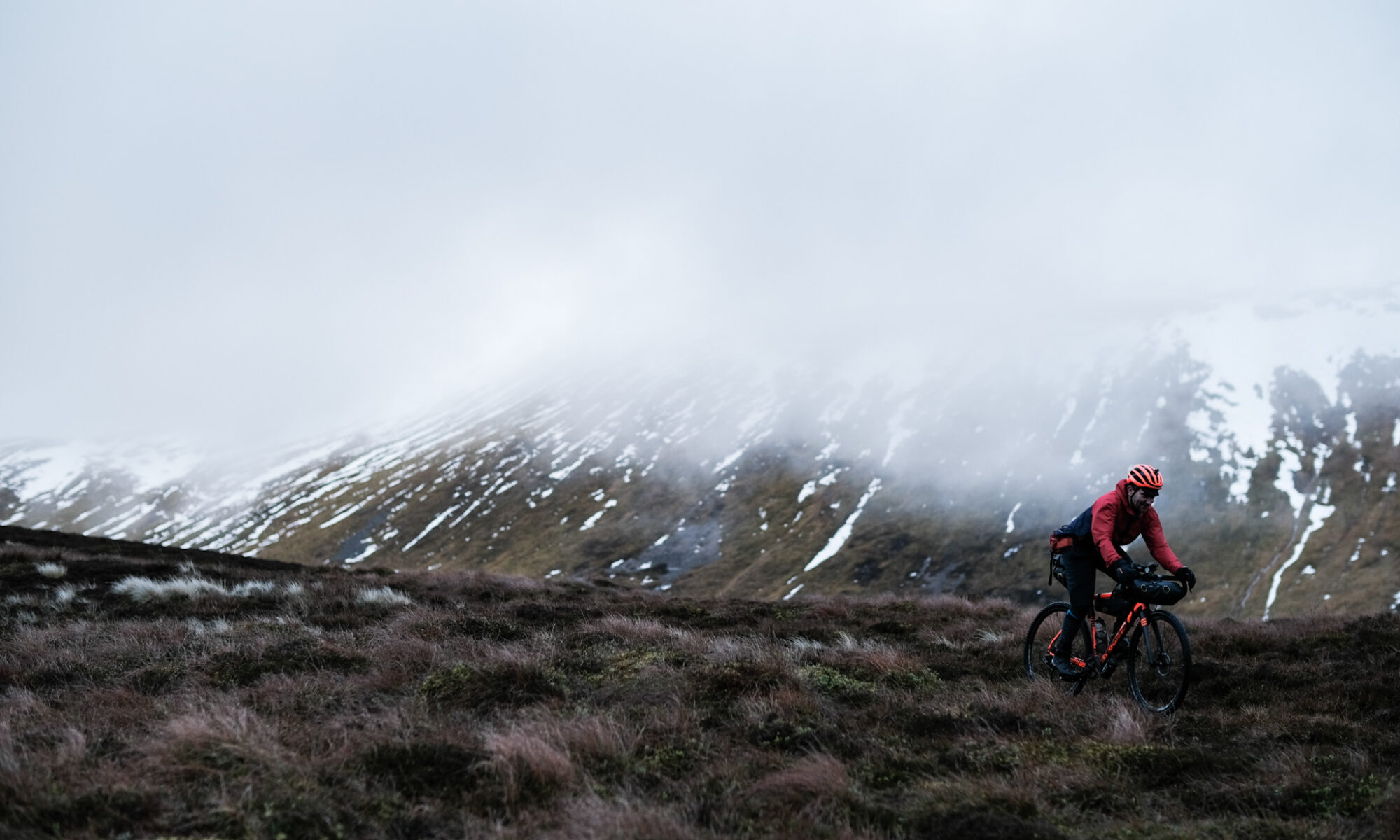Today we have launched a network of twelve new routes for gravel cycling, bikepacking, cycle touring, road cycling and touring, ranging from 9 to 260 miles (15 – 415 km) in length on Route YC on the Yorkshire Coast. Like our ‘Explore Your Boundaries Argyll‘ the new film produced by Markus Stitz – ‘Edge of Heaven’ – features world record holders Mark Beaumont and Jenny Graham and takes you on a journey through some of the region’s best coast and countryside scenery and local attractions.
Adventure Bikepacking Route
At the heart of the collection is the Route YC Adventure Route. It starts and finishes at Scarborough Railway Station and features stunning cliffs and beaches, remote moors, dark skies, picturesque villages and towns. Designed for gravel bikes, the bikepacking route is equally fun on mountain bikes, combining a good mix of gravel paths, singletrails, cycle path and quiet roads – at times on fast and flat sections, at other times negotiating the hills that give riders a taste of real Yorkshire grit. A friendly Yorkshire welcome is guaranteed where riders stop.



Adventure Weekender Route
A shorter bikepacking route, the Route YC Adventure Weekender, packs in everything that is unique about the Yorkshire Coast into a long weekend, and a Route YC Cycle Touring Route from the ferry terminal in Hull to Staithes, offers a stunning journey along the coast on touring and e-bikes.



Endorsed by world cyclists
Mark Beaumont comments: ‘Whilst of course the bike’s the best way in my humble opinion to explore the world on two wheels, it’s not just about the riding. It’s about discovering these beautiful little Yorkshire villages and little market towns. There’s a lot of history in this area which I’ve really appreciated coming across and seeing by bike.’
Jenny Graham comments: ‘If somebody was coming out here on their first bikepacking trip, then they would be able to tailor it so it was really manageable. And equally, if people are out here and they are really experienced, then they have the option of making the days a bit more challenging and a bit harder. And I think that’s something quite unique about this route.’



The new Route YC cycle routes have been developed in partnership with navigation and route planning app, Komoot. Designed by Great British Gravel Rides author and Bikepacking Scotland founder Markus Stitz, they will help local people and visitors of all ages and abilities explore the Yorkshire coast and countryside on gravel, touring and road bikes. Several day trips start in the Yorkshire coast towns of Whitby, Scarborough, Filey, Bridlington, Hornsea and Withernsea, and the North York Moors village of Grosmont.
Rob Marshall, Marketing Manager UK at Komoot, said: ‘Komoot has been committed to providing a wide range of adventure inspiration since its inception – so we’re delighted to be supporting Route YC in creating accessible cycling adventures for everyone. The new cycle routes will showcase the diversity of the Yorkshire coast landscape and provide people with the inspiration to saddle up and enjoy everything the region has to offer.’
The new cycle route itineraries are available at routeyc.co.uk/cycling and komoot.com/user/routeyc. ‘Edge of Heaven’ is available on YouTube. People can also follow Route YC on social media, on Facebook at facebook.com/RouteYC, on Instagram at www.instagram.com/routeyc and X (Twitter) at twitter.com/routeyc.
